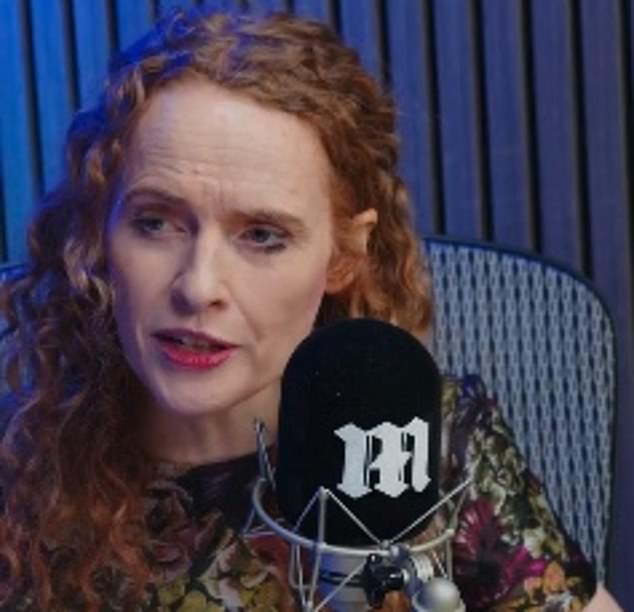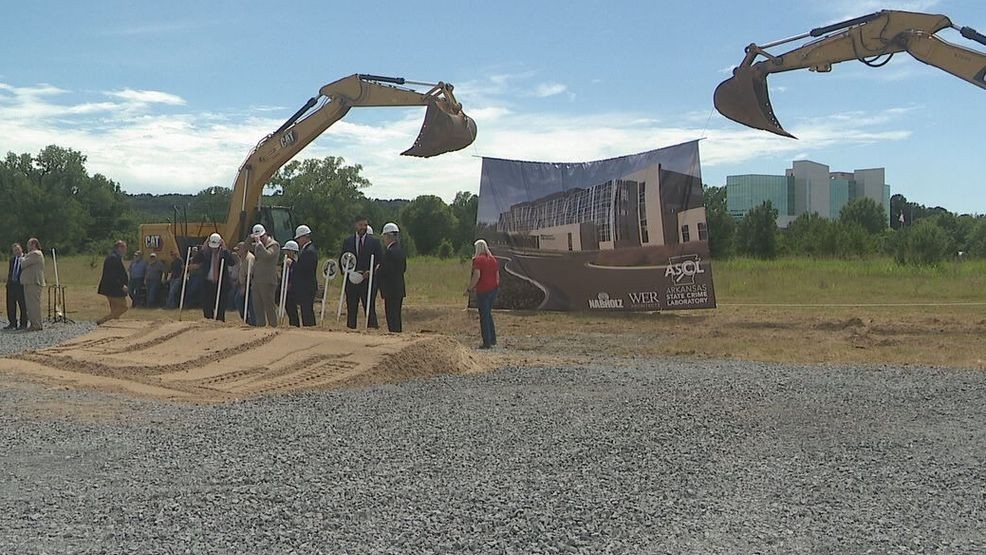
MORTON, MINN. – Sitting on a bench surrounded by Lower Sioux Community members, Ana Negrete presented two industrial-sized bins to the tribe’s leaders in a somber exchange.
“I hope this helps,” Negrete said quietly, gesturing at black crates filled with items she wishes they‘d never have to use: tools to help find missing Indigenous people.
Negrete leads the state’s Missing and Murdered Indigenous Relatives (MMIR) Office, a first-of-its-kind effort to address the disproportionately high rates of violent crime against Indigenous people. The kits delivered this month are part of a broader strategy involving tribal, local and state resources — and now, a promised surge in federal reinforcements.
Last month, the Trump administration announced it would boost the FBI’s “Operation Not Forgotten” with more agents to swarm Indian Country, including in Minnesota, in the “longest and most intense national deployment” of FBI investigators to date aimed at solving crimes against Indigenous people. In Minnesota, the pledge is prompting hope — but also deep skepticism. Some question whether the government will follow through on its promises; others wonder if the long-term solution has to come from within, given that many crimes involve victims and perpetrators from the same community.
“It’s a bit ironic actually. It’s no secret that the Native American community in Minnesota is highly critical of President [Donald] Trump,” said Irene Folstrom, a former Department of Public Safety tribal relations director who worked with the MMIR Office.
In November 2019, President Donald Trump, top, establishes the Task Force on Missing and Murdered American Indians and Alaska Natives through an executive order. Above left, tribal leaders, including Myrna Warrington, far left, of the Menominee Indian Tribe of Wisconsin, give Trump’s daughter Ivanka a ceremonial key after she spoke at the grand opening of the first Missing and Murdered Native American Cold Case Office; while protesters, above right, stood outside in a prayer circle to highlight activist groups’ lack of input. (Photos by Evan Vucci/The Associated Press and Richard Tsong-Taatarii/The Minnesota Star Tribune)
The latest phase of Operation Not Forgotten will see a boost of agents, totaling 60, the third deployment since the initiative began in 2023. Last year, there were closer to 50.
“The additional resources from Operation Not Forgotten along with our continued partnership with local, state, federal, and tribal agencies will bolster the efforts of our dedicated personnel to bring cases closer to resolution,” said Alvin Winston Sr., special agent in charge of Minneapolis’ FBI office.
The operation was created after the start of the federal government’s Task Force on Missing and Murdered American Indians and Alaska Natives, which Trump established in his first term through an executive order.



